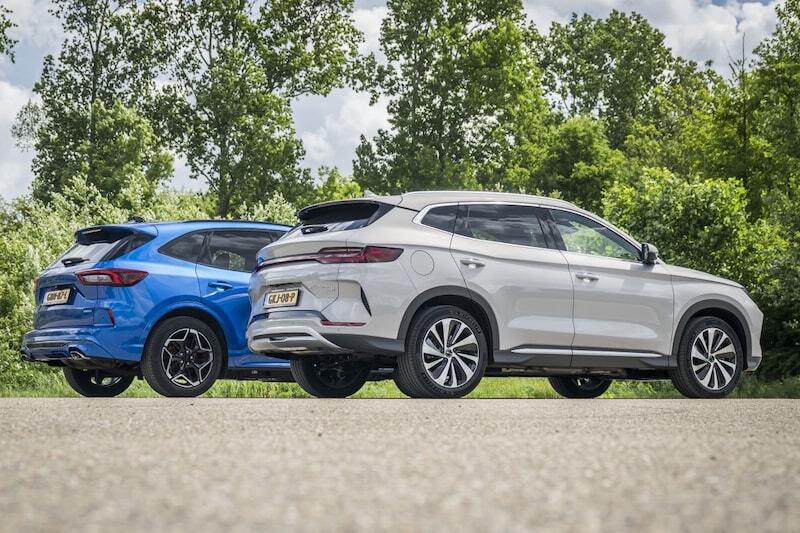Yes, no, or only when it’s about China?

As Chinese brands claim an increasingly larger portion of the European car market and trade tariffs make life difficult for European automakers, the origin of a car might be more important than ever. Or do you think that’s not the case at all?
No article about Chinese cars passes without at least one negative comment about their origin. The positive counterpart of this phenomenon is often found among cars that are explicitly European, as this is frequently noted and appreciated.
Car manufacturers are well aware of this. The Chinese origin of a brand or model is often simply omitted in press releases, or they distract by pointing to elements of the development process that did take place in Europe. If the entire car is developed and built here, that’s typically a point where the PR department extensively blows its own trumpet.
Apparently, in times of global polarization, (trade) wars, and import tariffs, we’ve started to care a lot about the origin of a product, in this case a car. Peugeot confirms this and states in conversations with AutoWeek, among others, that 83 percent of French people value the European origin of a car.
Is this also the case in the Netherlands? That’s what we hope to find out today. Do you pay attention to the origin of a car when making your choice? If not, why not? If yes, should it come from Europe or are you specifically concerned about China? Click on the option of your choice in the poll below and feel free to explain your choice here, although we ask you to keep it civil. So no personal attacks, but simply your position (preferably) with justification. Thank you!